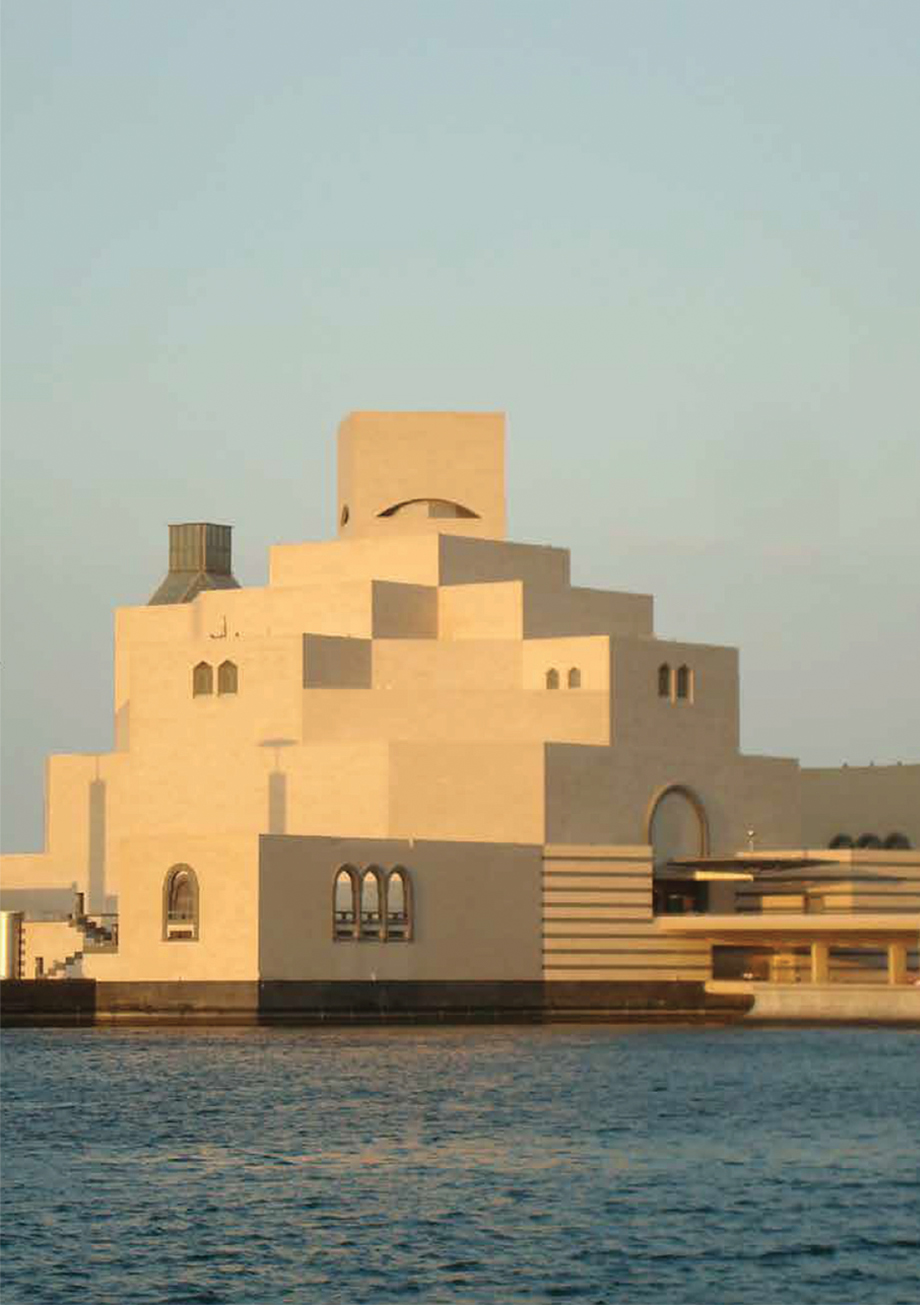- The school
- Studies and Research
- BACHELOR
- MASTER
- DOCTORATE
- RESEARCH
- TRANSDISCIPLINARITY
- POOLS
- CONTINUING EDUCATION
- Continuing education 2025-2026
- Artificial Intelligence, initiation
- Artificial Intelligence, Advanced
- Artificial intelligence open-source, ComfyUI
- Creative coding
- Engage with drawing
- Frame-by-frame animation
- Immersive Mapping : Unreal Engine & MadMapper
- 3D exhibition modeling in SketchUp
- 3D modeling, Blender
- Point cloud scanning
- Documentary podcast
- Serious games
- For students
- Studying at the HEAD
- InfoLab
- Living in Geneva
- Tuition fees and sholarship
- Library
- Regulations and instructions
- Projects
- Events
- Press
- Partnerships and prizes
Museum and Politics in the Principalities of the Persian Gulf since the Second Gulf War (1990-1991)
Wednesday 11 October 2017
12h15 - 13h45
Uni-Bastions, rue De-Candolle 5, salle B214
Free entrancy
Actualité de la Recherche, Spring Semester 2017-2018
in collaboration with the University of Geneva, The Art history Department
" Museum and Politics in the Principalities of the Persian Gulf: Cultural Liberalization and Strengthening of Authoritarianism in Qatar and Abu Dhabi since the Second Gulf War (1990-1991)"
A lecture by Alexandre Kazerouni (Ecole normale supérieure de Paris)
The association between "Gulf countries" and "culture" is new, and it astonishes so much that it contradicts the image usually associated with the principalities of the Persian Gulf. Increasingly, the number of announcements of museums with high international visibility in Qatar and Abu Dhabi has been the most striking in recent years. However, these "mirror museums" did not emerge in a cultural desert. The Louvre Abu Dhabi is not a "Louvre des Sables". As early as the 1970s, all the states on the southern shore of the Persian Gulf had already had at least one large national museum. In comparing these two models of museums, the second Gulf War (1990-1991) emerged as a major political turning point in which a new regional order was born which not only undermined Saudi hegemony on the Arabian Peninsula but also modified the balance of power between the ruling families and their subjects. Less than a month from the inauguration of a Louvre in Abu Dhabi, this conference will try to show from the case of the Principalities of the Persian Gulf how the adoption of the cultural brands of liberalism can nourish the political exclusion of the middle classes in an authoritarian regime.

Museum of Islamic art at Doha (Qatar)
© Alexandre Kazerouni
© Alexandre Kazerouni
